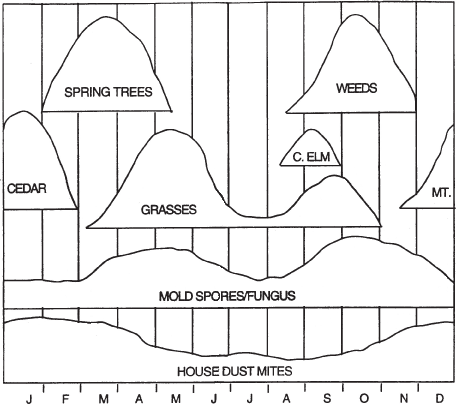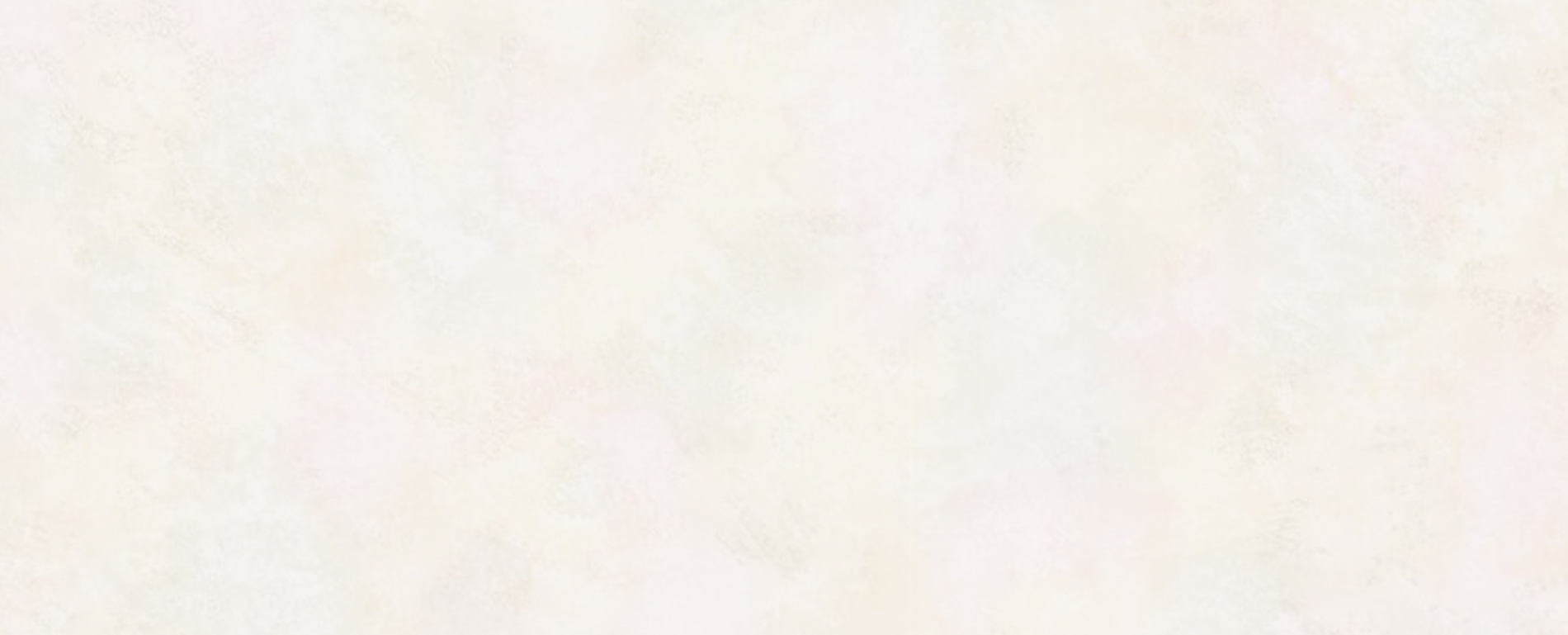13 Apr Avoiding Pollen & Outdoor Mold
Posted at 04:30h
in Allergens
Pollens and outdoor molds come and go depending on the weather and time of year. Since they are seasonal, it is important to be aware of the allergies you have and the season in which they appear.

| January: | Mountain Cedar*, Mold |
| February: | American Elm, Mountain Cedar, Mold |
| March: | American Elm*, Ash*, Cottonwood, Hackberry*, Mulberry, Oak*, Pecan, Pine, Sycamore, Mold |
| April: | Grass, Ash, Cottonwood, Sycamore, Hackberry*, Mulberry, Pecan*, Pine, Mold |
| May: | Grass*, Hackberry, Oak, Pecan, Pine, Mesquite, Mold |
| June: | Grass*, Mesquite, Mold |
| July: | Grass, Mold |
| August: | Grass, Cedar Elm, Weeds, Mold |
| September: | Ragweed*, Weeds*, Grass, Cedar Elm*, Mold* |
| October: | Ragweed*, Weeds*, Grass, Mold |
| November: | Weeds, Mountain Cedar, Mold |
| December: | Mountain Cedar, Mold |
| * denotes highest levels |
| Pollen On windy days the pollen count increases and can carry pollens great distances. When it rains the water droplets weigh pollens down, keeping them from getting air-born quickly. Outdoor Mold Molds can be found in most environments. They release spores into the air, which then settle and form new clusters. They are different from pollens because they grow year-round. Some molds grow outside the home and are can be carried into the home by the moving air. Stay Informed Find out when the pollen and mold counts are high from local television stations and allergy Web sites. Local Pollen Count How to Avoid Pollen & Outdoor Mold Pollen is difficult to completely avoid but here are some ways to reduce exposure: Close the windows of your home and car during pollen season, especially on windy days .Avoid prolonged outdoor activities during pollen season. This is especially important if it is a windy day or if the pollen counts are high. Avoid mowing the grass and cutting weeds. If you must do yard work, wear a pollen mask that fits tightly to your face. When finished, remove the clothes in laundry area, then shower/wash your hair. Wear close-fitting sunglasses to decrease pollen exposure. Use artificial tears or saline solution to wash out your eyes. Do not rub eyes. Wash hands, face and especially hair after outdoor exposure Remember to take your preventative allergy medications regularly during your allergy season. Antihistamines and decongestants can be used as you need for symptomatic relief. |
*Disclaimer: Results May Vary

